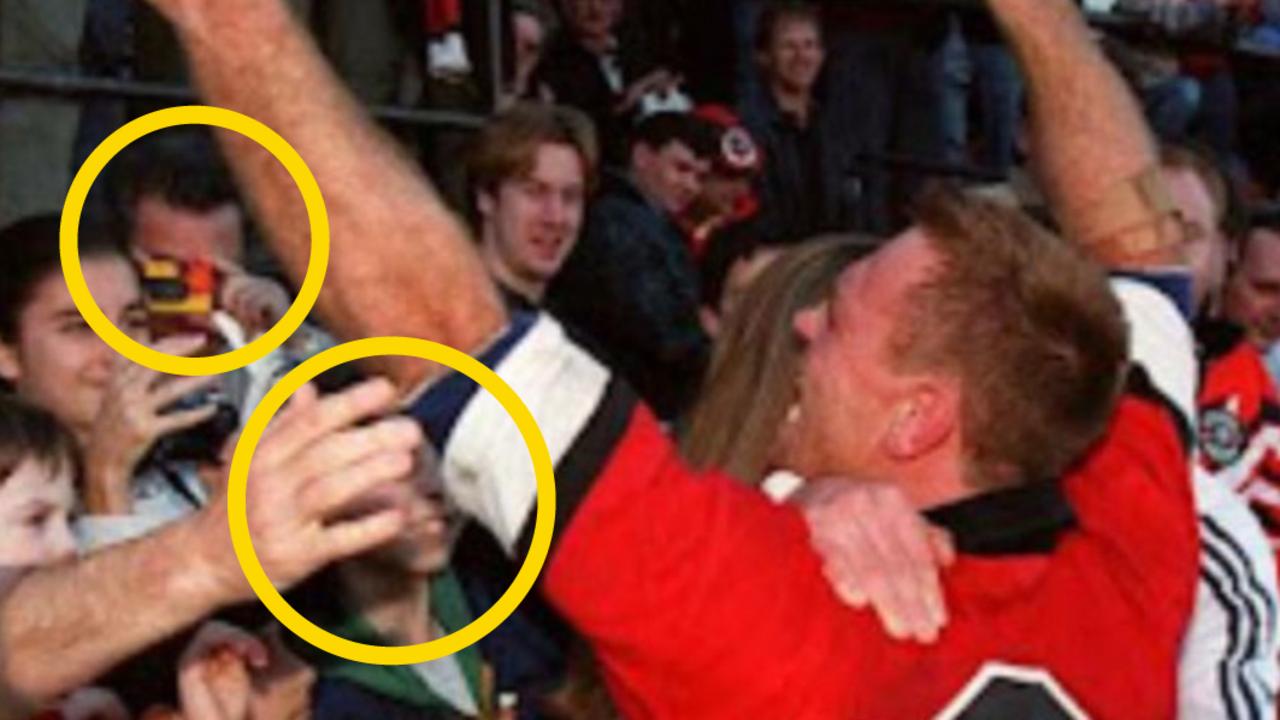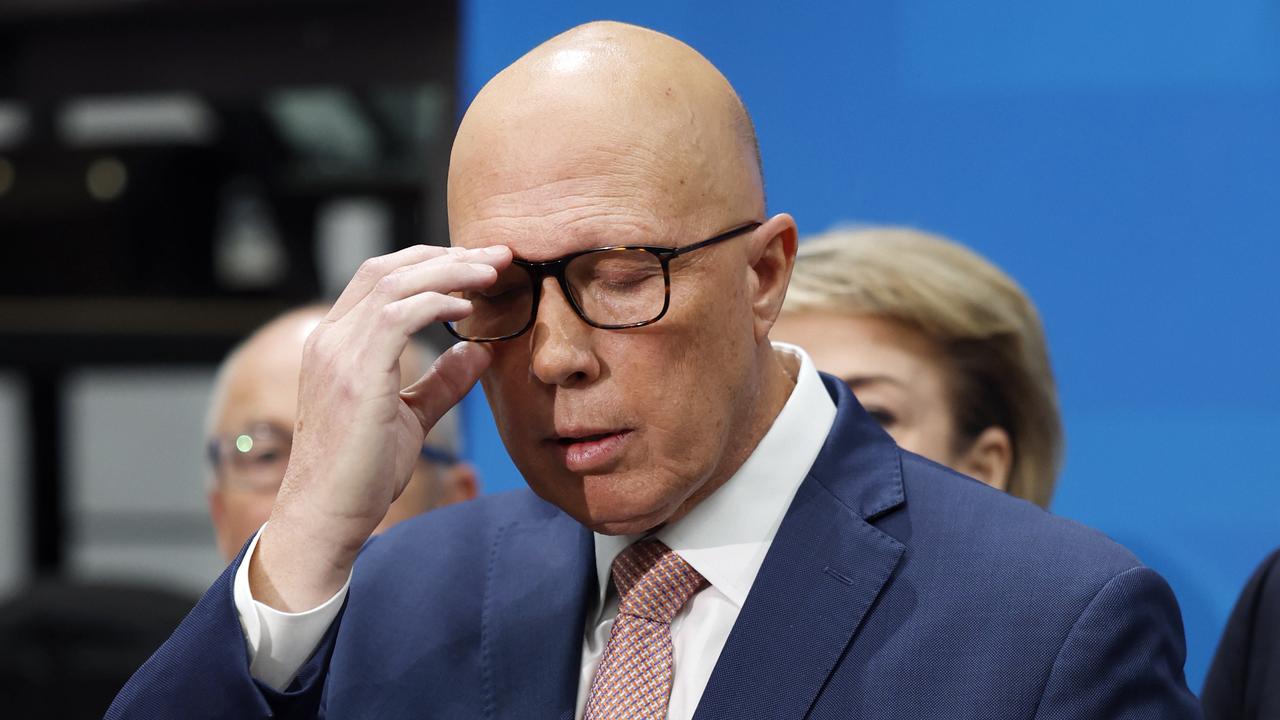Andrew Clennell: Housing affordability — The city is too costly to live in
WHEN even our political leaders are forced to compromise on our living standards something is very wrong, says Andrew Clennell.
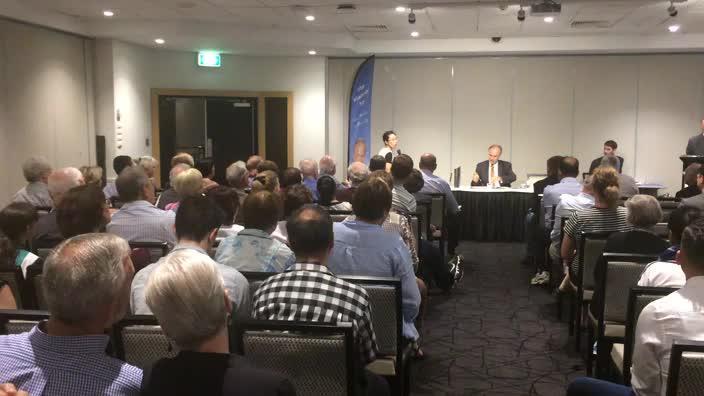
Opinion
Don't miss out on the headlines from Opinion. Followed categories will be added to My News.
IT was a belated Christmas press gallery drinks for Labor leader Luke Foley in January at his family’s home in Concord West that illustrated the full scale of Sydney’s housing affordability crisis to me.
We were standing out in the backyard and a train went past the back fence. And when I say past the back fence, I mean the Opposition Leader’s home is literally very close to the rail track.
Here was a political party leader, who has every chance of winning the state election and becoming leader of the state in 2019, who can only afford a house in Sydney where he cops a train every half-hour.
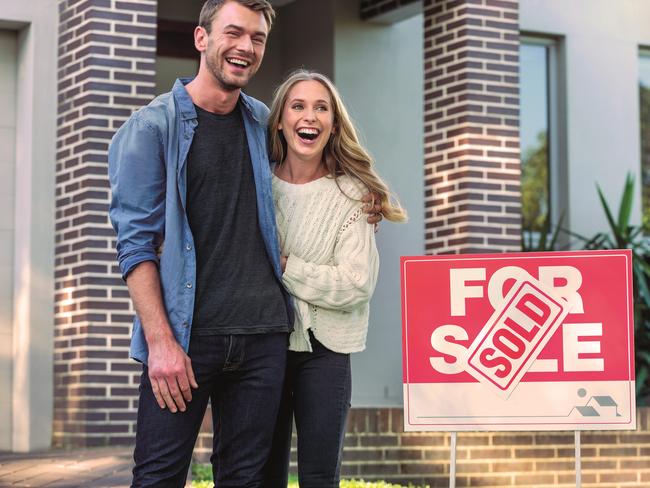
Premier Gladys Berejiklian, meanwhile, has a semi. All right, it’s in a good north shore suburb but even the Premier of the state does not have a freestanding house despite building up wealth through various properties she has owned over the years.
Sydney may be becoming a Manhattan, London or Hong Kong before our very eyes.
If you want to live within a 10km radius of the city, very soon your only option will be a very expensive apartment.
YOUNG HOUSEHUNTERS: FORGET SYDNEY, TRY TAMWORTH
But it’s the prices even in the outer suburbs that cause alarm.
For the ordinary 3x1 brick home on 560sq m that I spent the first few years of my life in at Georges Hall in southwestern Sydney, according to a Google search, it would cost you $880,000.
The same house my mother sold in 1983 for $69,000. (Yes I know wages have risen but by nowhere the same degree).
A long commute to the city will soon cost you a $1 million house without even blinking.
The Castle Hill median house price is $1.4 million while at Emu Plains the median stands at $670,000 and rising.
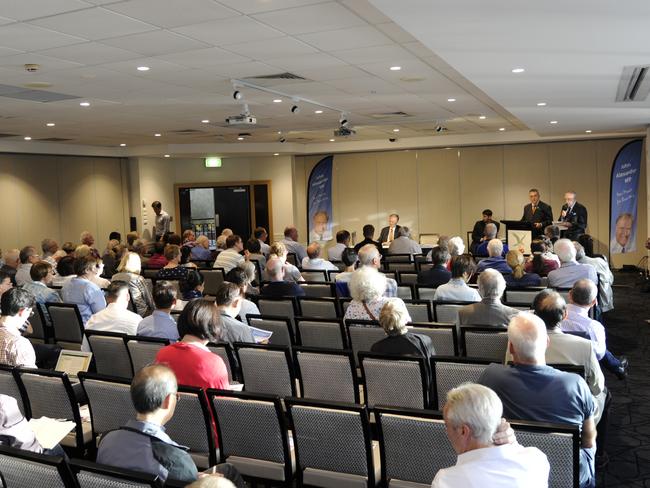
Now, maybe, as commentators seem to have been saying over the past few days, there will be some sort of natural correction.
Because this week the debate all turned around. As figures came out saying that Sydney house prices were up 19 per cent from March to March — together with moves by federal authorities to crack down on interest-only loans — the commentary and reporting all turned to the idea that we are in a “bubble” and it will burst.
READ MORE: Luke Foley vs. Troy Grant in the bye-bye elections
Seems fair enough to say there will be a correction but I think a lot of people have been waiting for that bubble to burst for two to three years with no avail.
There’s still plenty of construction happening with large infrastructure projects in Sydney; the economy is still booming and there is plenty of migration.
So until that burst happens, and that could be a while off, the situation is so dire that first homebuyers need some kind of help.
This issue of housing affordability feeds into everything politically in NSW. Because if you say cost of living is the biggest issue in Sydney, you cannot argue that housing affordability — and those massive mortgage payments required to own here — is not a major, major part of that.
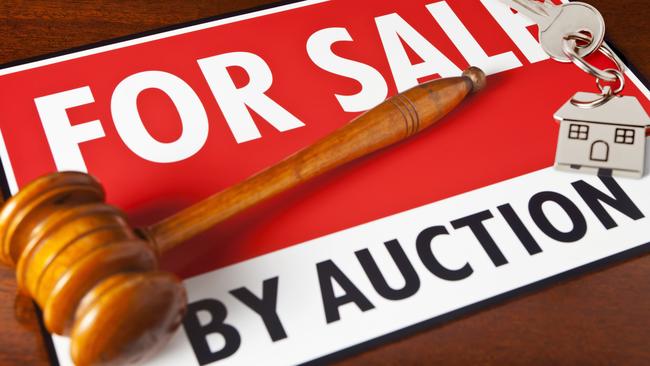
I don’t see how many of the proposals being examined, particularly by the federal government, would make any difference to housing affordability by the way. As if letting first homebuyers accessing their super is going to help. In the end such a move would probably just drive up prices further while depriving those young people of a retirement income. And Bill Shorten’s idea to scrap negative gearing? That might help in Sydney and Melbourne but will even further depress the Perth and Brisbane markets, which would not be good for the national economy.
But there is one thing that I hear the NSW Premier Berejiklian and Treasurer Dominic Perrottet have been examining: the deferral of stamp duty for first homebuyers, so you could pay a bit off every year over a period of time.
Last night, the government was trying to say this was one of the less likely options on the table. But they were not ruling anything out, and were indicating that some help for first homebuyers was on the way.
The other thing I have heard is being considered is the prospect of a first homeowner’s grant on existing homes.
And The Daily Telegraph has already revealed that the government is set to increase the foreign investor surcharge, probably by double.
From the government’s point of view though, those “demand” measures might be sexy, but are not as effective as whatever supply measures they can bring in to get more dwellings built.
More properties mean lower prices. The Urban Taskforce recently said that there are 50,000 homes stuck in the planning process and planning reform looks on the way.
Perhaps the Premier is waiting until after this weekend’s by-elections before coming to decision. Or perhaps the government is waiting to see what the Federal Budget does for first homebuyers before committing to anything.
But there is no doubt that, politically, the only sensible thing to do is to show first homebuyers that they are not marginalised by this government. Particularly when Labor is ready with a suite of election promises for first homebuyers ahead of the 2019 election.
There are $10,000 grants for newly constructed homes for first homebuyers still in place, but not enough of a take-up of these. First homebuyers are clearly disadvantaged, and clearly many are after existing stock.
And the other ludicrous thing about the concession around newly constructed homes is that it runs out at $750,000. That’s not actually that much in Sydney these days and is sure to be tinkered with in the June budget.
Ironically, if there is a slump in the market, first homebuyer grants could assist with the economy.
If there is one disastrous move I remember on that front it was Michael Egan’s mini-budget of 2004 when he introduced a vendor tax to crack down on investors just at the moment that boom was ending.
Morris Iemma got rid of it a year later, on becoming premier, declaring it a “handbrake” on the economy.
Around that time, I remember I met a fellow journo who boasted to me at the pub that he had bought his house in Erskineville for $380,000 and turned around and sold it for $550,000 two years later.
That seems like a pretty hollow boast now.

